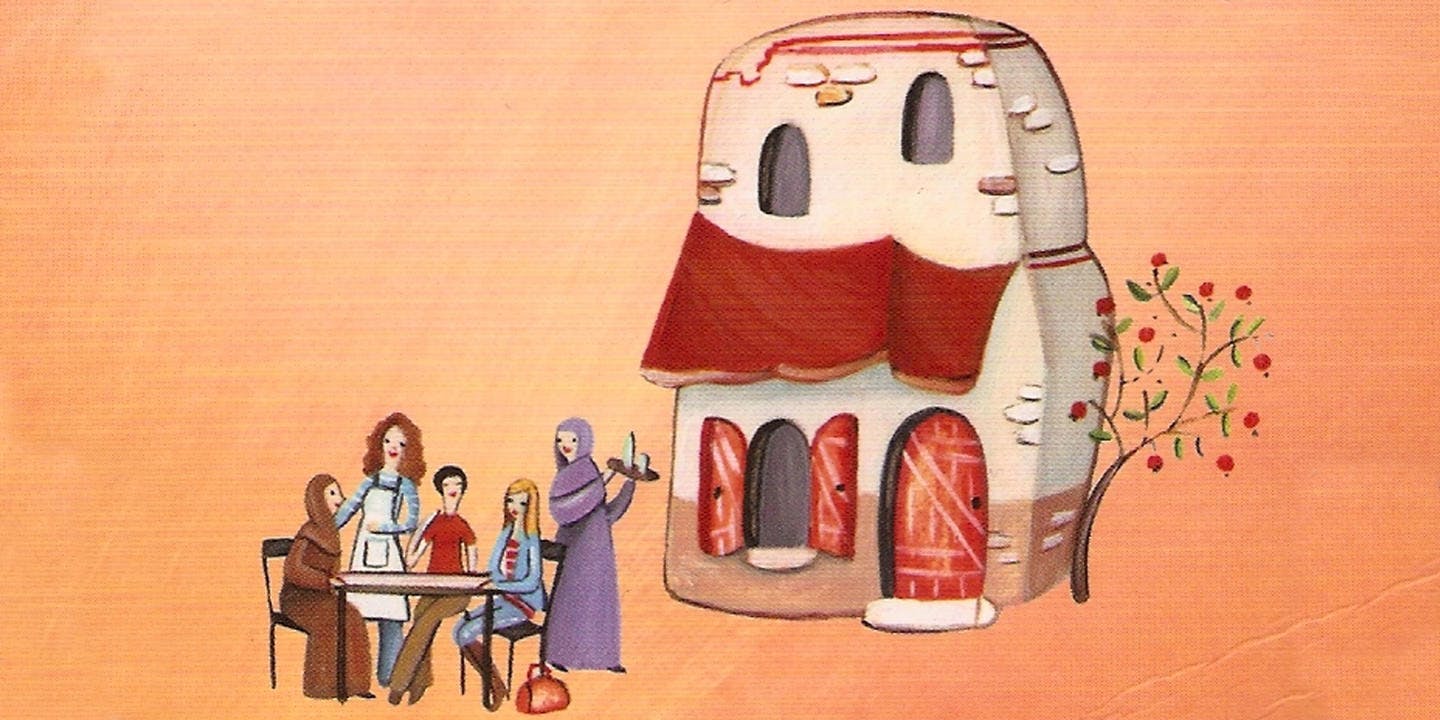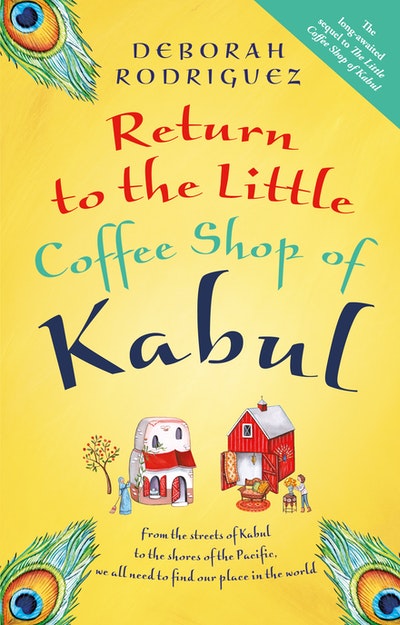The Return to the Little Coffee Shop of Kabul author answers our questions.
In 2011 you stated you didn’t feel it was wise to return to Afghanistan at that time. Is this still the case? Have you been able to return?
Afghanistan is a wonderful and very complicated country. In the last four years, as the foreign presence has been decreasing, the climate of the country has been changing – but not always for the better. I have made the choice not to return to Kabul for a couple of reasons. The obvious one is general safety and security; the other is very personal. I married and left an Afghan man, and am not one hundred per cent sure how that story would end if I tried to return to Kabul.
Do you keep in touch with the women you met in Kabul, and if so, did they help with your research for this new novel?
I do keep in touch with some of the women I met in Kabul. The one I talk to the most happens to be one of my first students, and to date the bravest and most amazing woman I have ever met. We both fled Afghanistan at the same time, but she fled with her family to Pakistan, and struggled for seven years as a refugee in that country. But today I am happy to say that she and her family are living a wonderful life in the United States. The entire family – but especially her son Omer – was key to the research for the new novel.
In your opinion, has the role and treatment of women in Afghanistan changed for the better since you lived there?
That’s a really tough question. I feel like women’s rights in Afghanistan take three steps forward, and with a blink of an eye things regress and jump ten steps back. Thankfully girls’ school attendance has surged in the last fourteen years, and more and more women are in the workplace, along with holding down positions in the government. Rula Ghani (the current first lady of Afghanistan) speaking out for gender equality and religious tolerance is setting a great example for young women. But you can’t turn a blind eye to the news reports after things like the siege of the city of Kunduz. The Taliban went straight to terrorizing the women and girls, burning and looting women’s organizations and making it clear that they will always be watching. This is a time of great uncertainty for Afghanistan, and not just for women, but for everyone.
A clear theme of the novel is clashing cultures and finding a place where you truly belong. This is a particular issue for Kat, Layla and Joe. But it is very true of Sunny too. Was it a struggle for you when you returned to America?
Yes, clashing of cultures is a very important theme in the book, along with showing tolerance for those who are different to us. I feel it’s important not to judge a book by its cover – or a girl by her head scarf.
I did struggle with reverse culture shock when I came back from Afghanistan. I would watch and listen to people complain about things and think to myself, ‘Wow, this is truly a First World problem.’ I’d wonder how they would handle a real problem. When you see so much suffering and experience life with such strong people who have survived decades of war, you find yourself short on patience with the guy screaming in Starbucks over a mistake in his latte order.
I have adjusted in the last seven years, and moving to Mexico really made the difference for me. I don’t think I am cut out to have a tidy, sanitized, non-chaotic life.
What made you pick an island in the Pacific Northwest of America as Sunny’s new home? Did that region have a particular significance for you?
I was introduced to the Pacific Northwest (the Seattle area) because of my partner, Denis, and his family. Denis’s father is a 92-year-old Japanese American who was in the internment camps. He made sushi while telling me stories. I instantly fell in love with this sweet, funny man and knew he had to be a part of Sunny’s journey. The Seattle area fascinated me with its beauty and diversity. It seemed at every turn I was meeting someone who inspired yet another storyline, but it wasn’t until I met the young Afghan woman who was my inspiration for Kat, and then took the ferry ride to the island used as the basis for the fictional Twimbly, that I knew this region had to be the next location for the new novel. The island was beautiful and the people were quirky. It seemed to be the perfect place for Sunny to sort her life out, but only if she could have her new best friend Joe nearby.
Oasis Rescue is a project very close to your heart. Can you tell us a bit more about it?
I have always felt that all women need choices, no matter what their social or economic situation is. I often hear or read about young women around the world who feel they have no choice but to prostitute themselves to survive. I see predators who prey on young, poor women and take advantage of their poverty to force them to sell their bodies in order to feed their children. I can’t imagine what that moment must feel like to a woman, to have to make that choice. Oasis Rescue offers scholarships to young people in the art of hairdressing. I am, and will always be, a hairdresser, and I know that offering this skill to a young boy or girl might just provide them the chance to make a choice about their own future.













